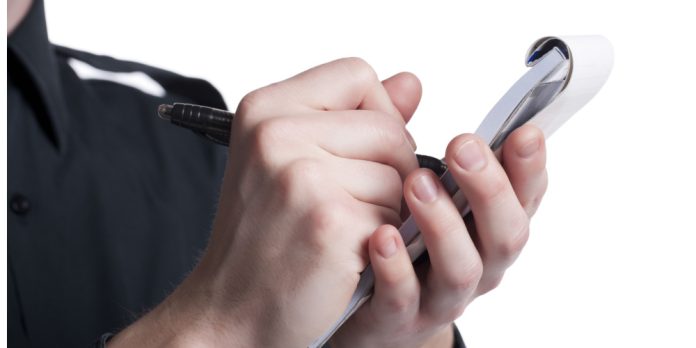Just one day after an adjudicatory hearing involving DraftKing Sportsbook’s violation of state sports betting regulations, the Massachusetts Gaming Commission (MGC) has offered up conclusions and fines for three instances of retail sports betting facilities accepting prohibited bets.
In each of the MGC’s reports on the incidents, it explained the fine as such:
“The purpose of the fine is two-fold, serving both as a consequence for violating statute, regulation, and the Massachusetts Sports Wagering Catalog and as a deterrent from letting the same or similar violations occur again.”
The MGC issued fines to all three land-based casinos in the state, with the fines varying from $10,000 to $20,000.
Encore Boston Harbor fined $10,000
Encore Boston Harbor accepted one wager involving the Boston College women’s basketball team during the first week of legalized retail sports betting in the state. A five-leg parlay with the game as part of the $70 wager was accepted and later refined to omit the offending leg involving Boston College.
Wagering on the event was open for roughly five hours, at which point the game was taken off the board. An hour later, Encore Boston Harbor notified the MGC.
In testimony, Encore’s platform provider, GAN, said the mistake occurred because they were rushed to complete a final blacklist of sports in advance of launch on Jan. 31. In its report, the MGC called out the lack of communication between GAN and Encore, including moments during the hearing where the two groups argued about the events of the wager.
However, given that both GAN and Wynn put measures in place to address the issue going forward and improve communication and that it only involved a single wager, the MGC settled on a $10,000 fine.
Encore Boston Harbor is still awaiting the result of a second adjudicatory hearing involving a handful of wagers they accepted in February that again involved Boston College women’s basketball.
Plainridge Park fined $20,000
Like Encore Boston Harbor, Plainride Park accidentally accepted in-state college wagers during the first week of legal retail betting in the state. Plainridge Park accepted 33 wagers amounting to over $6,800 on the college basketball game between North Andover’s Merrimack College while betting was available on the event for roughly seven hours.
Of the wagers, four were placed at the counter, while the others were placed on a kiosk. A Plainridge Park employee only noticed the issue when someone came to the window to redeem a winning ticket.
During the hearing, Plainridge Park’s supplier, Kambi explained that Merrimack was erroneously located in Florida in its system, hence why it ended up on the board in Massachusetts. After discovering the issue, Kambi audited its catalog to confirm all of its designations are correct.
MGC chose to fine $20,000, drawing attention to how many wagers were placed and, in particular, how many were placed with an employee at the window that should have recognized the issue. Moreover, the MGC was disappointed that Plainridge Park waited a full 17 hours before notifying Kambi there was an issue.
Plainridge Park’s online brand, Barstool Sportsbook, is still awaiting the result of its adjudicatory hearing involving the use of the Can’t Lose Parlay promotion.
MGM Springfield fined $20,000
During its first week of operation, MGM Springfield accepted prohibited bets on both the Harvard vs. Yale and Harvard vs. Brown basketball games because the BetMGM catalog erroneously identified Harvard as being in Connecticut instead of Massachusetts.
Wagering was open for roughly 20 hours on each game, resulting in 28 different wagers amounting to just over $1,200. All of the wagers were placed at kiosks and not at the betting counter. As a result of the issue, BetMGM implemented a daily audit of potential betting offerings for the day.
In fact, it was only after BetMGM heard of other properties having issues and running an audit that they even discovered there was an issue at MGM Springfield.
Because the incident involved two separate games and over two dozen bets and because it took an audit to even notice there was an issue, the MGC decided a $20,000 fine was appropriate.
What does this mean for DraftKings?
With over 860 wagers on prohibited tennis matches across a period of 12 days, it stands to reason the MGC will hand down a more stringent fine for the violations. Additionally, it differs from these other violations in that these bets were placed online and not in person.














